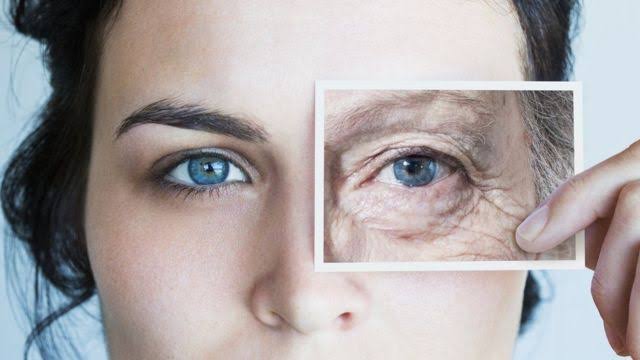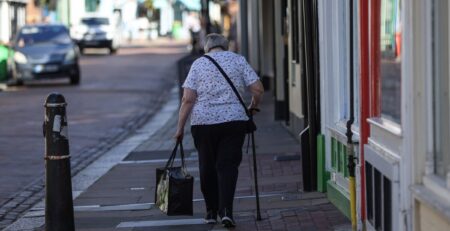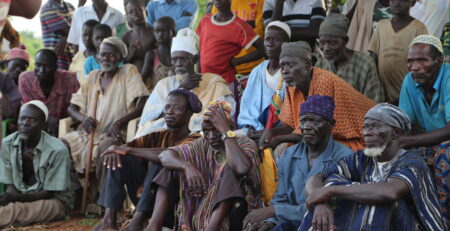The taboo of aging, an obstacle to thriving businesses in Latin America
In Latin America, despite being the “fastest aging region in the world,” according to an IDB report, the needs of those who are part of the silver economy “are not being met” due to the taboo that aging represents for their societies, experts gathered in Bogota discussed Wednesday.
“We have, as a society, to start matching who those real consumers are and who we think they are because that dichotomy makes it impossible for businesses to thrive,” lamented the founder of the start-up company No Pausa, Brazilian Miriam De Paoli, during the second forum of the Inter-American Development Bank’s Innovation Lab (IDB Lab).
In an interview with EFE, De Paoli said that in this “century of an aging society” people still expect that those who are 70 years and older respond to the image of the “old man sitting in a deck chair looking at the horizon.” She said there is a “marketing myopia” despite the fact that “the silver economy is already the third largest in the world.”
For her part, the co-founder of Data8 and speaker on one of the panels on the silver economy, Layla Vallias, jokingly insisted that these people are not “diapers and geriatrics” but “silver pockets full of money that want to be seen.”
EATING OR PAYING OFF THE CREDIT CARD
One of the problems identified by NudaProp’s executive director, Constanza Boix, who also participated in the forum, is the lack of financial education that sometimes leads seniors to reach such a level of indebtedness that they are forced to “choose between paying off a credit card or eating.”
“This generates prolonged fasting, social isolation due to depression and even estrangement from families,” Boix lamented while adding that, although “15% of the elderly do not have some basic need satisfied,” seven out of 10 own their properties.
That is why NudaProp, a Uruguay-based silver finance startup, was born as a tool for seniors to “sell without moving” the ownership of their properties, preserving the right to continue living in their homes until they die.
GROWING OLD AS A WOMAN
Another of the problems that De Paoli identified is the “great lack of information and solutions” for women reaching the climacteric and menopausal stages, despite the fact that today they represent 12% of the world’s population (32 million women in Latin America and the Caribbean).
De Paoli was 46 years old when she began to experience the symptoms of something that, although natural, was not only unfamiliar to her but would also affect her working life: “perimenopause”.
“It took me a year and a half to get my diagnosis. During that time I spent a lot of money, I felt a lot of frustration and the worst thing was that I didn’t know what was happening to me,” she told EFE.
It was then that she decided to create No Pausa, an organization that seeks to identify menopause in women, and a start-up company that already has developed “MenoCheck”, a self-assessment tool that lets users know what stage they are in and what options are available to them to treat their symptoms.
De Paoli explained that menopause generates economic and social inequality insofar as, because of its “multidimensional impact” on women, “many leave work,” which implies less income, a reduction in retirement contributions and a “blow to self-esteem” that leads them to think that they cannot start a business or reinvent themselves.
“There is a lot of time to live, there is a lot of information to receive and there are very good decisions to make, but without information we cannot decide,” she said. EFE
Read more @laprensalatina











